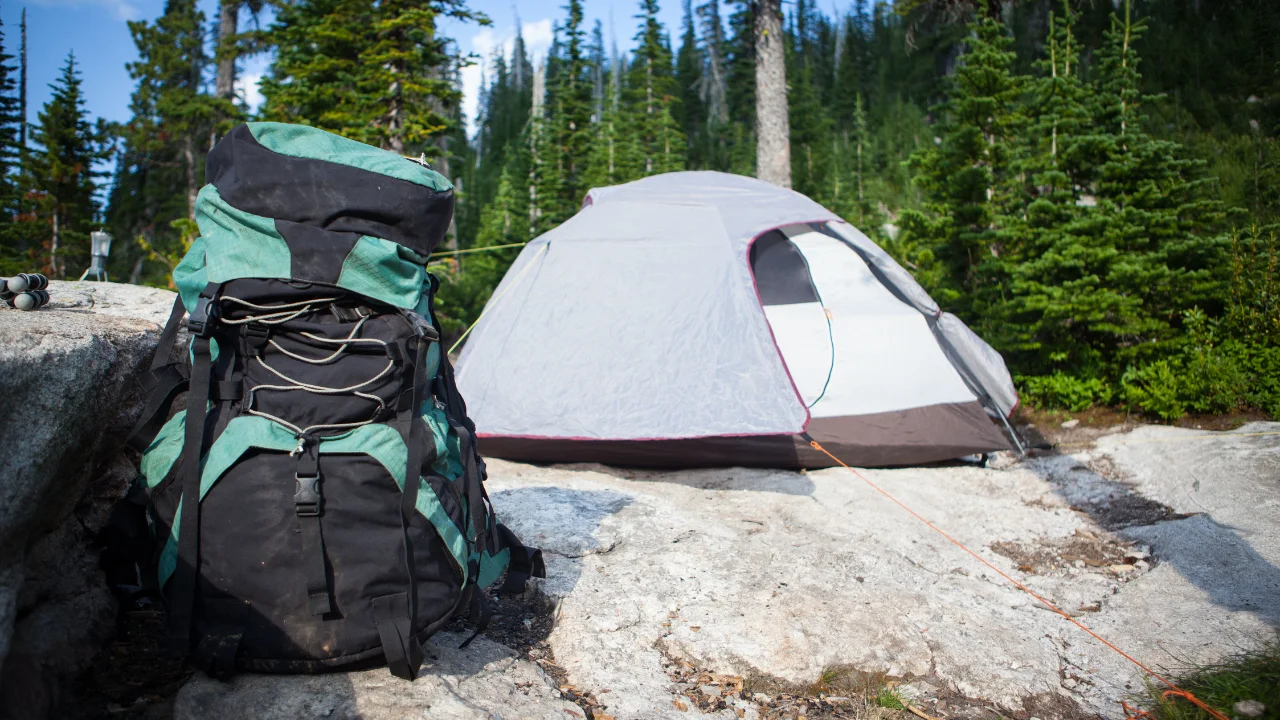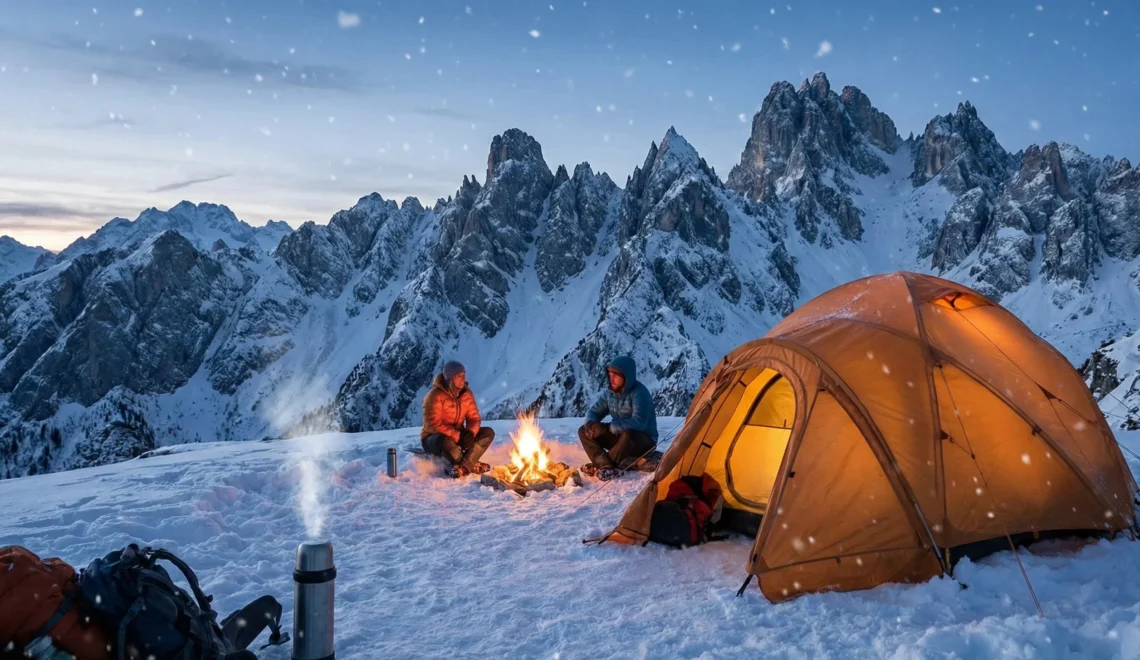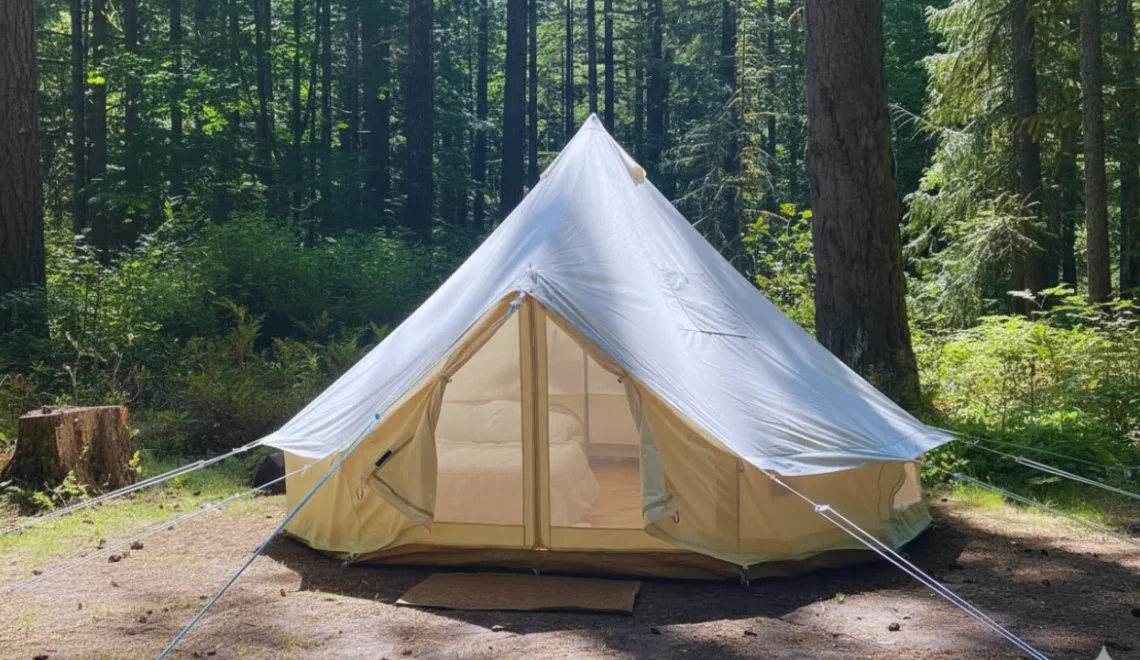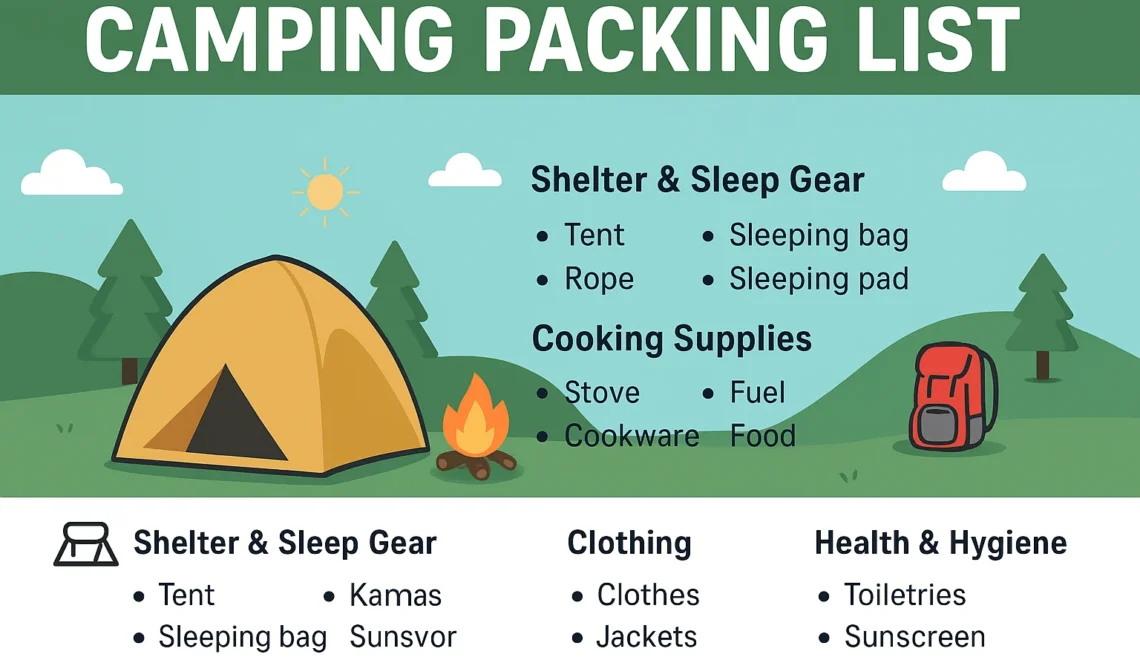
Backpacking Tent vs Camping Tent: Key Differences
When it comes to outdoor adventures, one of the most crucial decisions you’ll face is choosing between a backpacking tent vs camping tent. Both options serve different purposes and cater to various types of adventures, whether you’re hitting the trails for a multi-day hike or setting up camp at a car-accessible site. Understanding the key differences can help you make an informed choice that suits your needs and ensures a comfortable stay in the great outdoors.
Table of Contents
ToggleWhat is a Backpacking Tent?
A backpacking tent is designed for hikers and adventurers who need lightweight and compact gear that can be easily transported. These tents are typically made with lightweight materials that prioritize portability over luxury features. Backpacking tents are often two-person models, featuring a simple structure that allows for quick setup and takedown.
Key Features:
- Lightweight design (usually under 4 pounds).
- Compact size for easy packing.
- Built for quick assembly and disassembly.
- Generally offers minimal interior space.

What is a Camping Tent?
On the other hand, a camping tent is crafted for comfort and spaciousness, making it ideal for family camping trips or group outings. These tents are usually heavier but provide a roomy interior with ample space for gear and other camping necessities.
Key Features:
- More spacious, accommodating multiple people.
- Heavier and bulkier than backpacking tents.
- Equipped with additional features (porch area, multiple rooms, etc.).
- Designed for longer stays at stationary campsites.
Key Differences Between Backpacking Tents and Camping Tents
Understanding the differences between these two types of tents can help you choose the right option based on your camping style.
4.1 Weight and Portability
- Backpacking Tents: These tents are lightweight, weighing between 2 to 4 pounds, making them easy to carry on longer treks.
- Camping Tents: Typically weigh between 5 to 10 pounds or more, which is manageable for car camping, but might be too heavy for backpacking.
4.2 Size and Space
- Backpacking Tents: Designed to fit 1-2 people comfortably with limited storage space for gear.
- Camping Tents: Can accommodate families or groups of campers, often boasting multiple rooms and ample headspace.
4.3 Setup and Complexity
- Backpacking Tents: Generally straightforward to set up with fewer parts.
- Camping Tents: May involve more poles and components, leading to longer setup times.
4.4 Durability and Weather Resistance
- Backpacking Tents: Often made from robust materials that are durable yet lightweight, designed to withstand various weather conditions.
- Camping Tents: Heavier materials provide increased durability but can sacrifice some weather adaptability for weight.

Pros and Cons of Backpacking Tents
Pros:
- Lightweight and packable
- Easy to set up
- Designed for outdoor conditions
Cons:
- Limited space
- Less comfortable for extended usage
- Fewer features compared to camping tents
Pros and Cons of Camping Tents
Pros:
- Spacious and comfortable
- More features for family camping
- Generally sturdy against the elements
Cons:
- Heavier and bulkier
- Might be overkill for solo or short trips
- More complicated setup process
⇒Also Read About Top Best Camping Percolators for Outdoor Enthusiasts
Which Tent is Right for You?
Choosing between a backpacking tent vs camping tent boils down to your planned activities and personal preferences. Here are some query to help you decide:
- How far will you be hiking? If it’s a long, strenuous trek, opt for a backpacking tent. If you’re driving to your campsite, a camping tent may be the way to go.
- How many people will be camping? For solo or duo trips, a backpacking tent suffices, while families and groups will benefit from a camping tent’s generous space.
- What is the weather expected to be? Check your camping weather and choose a tent that best withstands the predicted conditions.
- What features are important to you? If you value comfort and amenities, a camping tent is the clear winner. If you prioritize weight and minimalism, go for a backpacking model.
Conclusion
In summary, the choice between a backpacking tent vs camping tent is dictated by your style of camping and the environment you’ll be facing. Backpacking tents are lightweight and portable, ideal for hiking enthusiasts, while camping tents offer spacious comfort for group outings. Your specific needs and camping goals will ultimately determine the best tent for your adventures. If you have experiences with either type, feel free to share your thoughts or questions in the comments below!
FAQ’s
Here are a few quick questions that often come up when deciding between a backpacking tent and a camping tent:
1. What’s the main difference between a backpacking tent and a camping tent?
Backpacking tents are designed to be lightweight and compact, making them perfect for long hikes. Camping tents are larger, heavier, and built for comfort, providing more space and features for car campers.
2. Which type of tent is better for long hikes?
A backpacking tent is ideal for long hikes because it’s lighter, smaller, and designed for portability. Most models weigh between 3 to 6 pounds, making them easy to carry.
3. Can I use a backpacking tent for car camping?
Yes, but a backpacking tent may not be as spacious or comfortable as a larger camping tent. It’s fine for quick trips or solo travelers but not ideal for families or long stays.
4. Are camping tents heavier than backpacking tents?
Yes, camping tents are generally heavier, often weighing 10 pounds or more. They’re built to offer more space and comfort, which adds to the weight.
5. What features should I look for in a backpacking tent vs a camping tent?
For a backpacking tent, prioritize lightweight materials and compact size. For a camping tent, look for extra space, added durability, and features like windows, vestibules, or multiple rooms for better comfort.
6. Which type of tent is more durable in extreme weather?
Camping tents are more durable for extreme weather, thanks to their heavier materials and stronger frame. Backpacking tents are lightweight but still built to handle the elements, though they’re not as sturdy in extreme conditions.




My brother recommended I might like this blog.
He was entirely right. This post truly made my day.
You cann’t imagine simply how much time I
had spent for this information! Thanks!
Thank you so much! I’m glad you enjoyed the post—your comment made my day too! 😊 Thanks for reading!